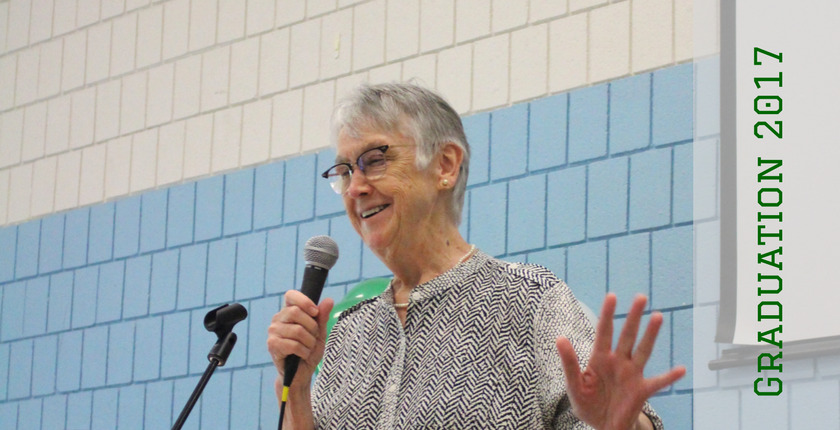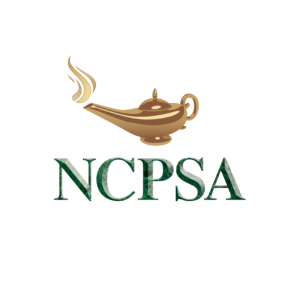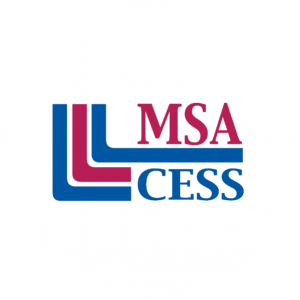By Pat Montgomery, Founder
Editor’s Note: Founder Pat Montgomery delivered Clonlara School’s commencement address on Saturday, June 10, 2017. In her speech, she shared her reasons for starting Clonlara and her vision for giving young people the space and opportunity to discover who they want to be and what they want to accomplish. A complete audio recording and a transcript of her remarks are included below.
| Play the audio. | ||
Transcript
Fifty years ago, I was giving birth to Clonlara’s executive director, Chandra Montgomery Nicol. Happy birthday, Chandra! No, not 50, 53 years ago. Fifty’s on my mind because this is the year that we celebrate the 50th anniversary of Clonlara School, and that is a really big deal.
About 300-some schools started, that I knew of, around the same time in the ’60s and early ’70s as Clonlara—as campus day schools in various parts of the United States. They were independent, non-public. Today, we’re the only one. Many of them stopped because of disagreements in philosophy or things that happened along the way. John Holt used to say that the life of a—[they] used to be called “free schools”—the life of a “free school” is 18 months, and he was right. Many started, but many lasted longer than that by far. But finances are the issue, always have been the issue since our tax monies support a public system, which is right and just and ought to be. But that leaves a vacuum in the private sector for those who don’t want so-called “elite” private schools. At one time in our life, for many years over the 50, at least one third of our students where low-income family students, so we were not aiming in the right direction as far as financing is concerned, but very much in the right direction as far as what you’re here today to do is concerned.
Today, we celebrate the past, the present, and the future. The past in Clonlara being 50 years old. The present in today being the commencement of students that have been 12 (give or take a few) years at elementary [and] secondary schooling—or unschooling. The future—tomorrow is yours.
Fifty years ago, I had already been a teacher in Catholic schools and in public schools for 14 years. Then I had children of my own, and that changed the whole vision, as you know. No way was I willing to abandon them to places that I knew from both sides of the desk. Places that were primarily designed by adults and for adults where no input from kids was sought. Kids were the lowest rung on the hierarchical ladder in the conventional school system, and parents were just one step higher.
My husband, Jim, and I searched for a school for Chandra and her brother, Chai—one that would include them and provide them an environment where they could grow and learn naturally without interruptions. Without should nots, could nots, would nots, must nots. There was no such place that we could find, so we decided to start one.
Clonlara is an Irish word. It means “meadow of the mare”—the “mare” being the female horse. It’s the name of a town in Ireland outside the Shannon River near Limerick, and if you visit there, you will see the running meadows right down to the water. So you can imagine, yes, Clonlara was an apt name for that place. We did that to honor my father, John Clancy. He and my mother were both from Ireland, and he gave Jim and me the $4,000 for a down payment on the property on Jewett Street. One house on Jewett Street right where that line of pine trees next to the parking lot [is] now. So we named it to honor him.
Youngsters learn by imitating the people that are around them, especially the people that they love. That means that the people around them just have to be worth imitating. I positively knew that kids would learn to read, and they would learn to count because we read and we count. And there are books. And there are abacuses. And now there are computers. They’re not stupid. Of course they’re going to learn to read unless there’s some impediment, which can be worked with. My major concern, though, was will they have the time and the latitude to listen to and to harken to that pulse inside of them, that vocation, that urge, that magnet that pulls them to what they’re going to be, and what they’re going to do, and what they were put on this earth to accomplish? That seemed to me to be the really important thing in childhood. That doesn’t need compulsory attendance laws. It doesn’t wax and grow with a canned curriculum and textbooks and exams. And, for 50 years, I’ve observed over and over again the rewards of having such an environment.
I’ve witnessed graduations like this one. One girl rode into the graduation on horseback. Of course we had held it outside that year—gratefully, yes. She was an equestrian. She knew horses from the top to the bottom. She knew all of the medication. She gave them the medication. If you’ve ever seen a horse receiving medication, you’ll know what an awesome thing that is. We saw her. All her life was horses, so naturally she graduated in her best suit.
There was a boy who came. He was fully regaled in his clown costume, and he didn’t change it. That’s the way he graduated because simultaneously with his homeschooling he was going to clown school, and he was graduating from there a few days afterwards. Those are a few that just stay in my mind, of course.
I must tell you that I was—I am—very touched by being asked to be the commencement speaker. When Amy Hannewald asked me and said that the committee had decided to render that invitation, I was so touched I cried. Because here I am the person that said for almost all the years we’ve had graduations, no commencement speakers! We don’t need some guest coming in here talking at us to give us inspiration and to give us how-to-do and what-to-do next. You are the guests, graduates! You are the speakers—you and anybody you invite to this microphone in the ceremony that’s going to follow the presentations, which are also in my estimation speaking loudly and clearly about you and about us.
It always irks me a little when schools do high and mighty things like say, “We have graduated these doctors and these lawyers and these artists and…” Excuse me? They came to you! They came to your school. It’s they who are the important ones. It’s they who are the commencement speakers at their own commencement, and so, I end my talk. Today will be no exception. I cede the floor to the true speakers.
I want to end with a poem by Danna Faulds. This poem has worked its wonder all through Clonlara for the past so many years. My prayer is that it will continue to work in you in what you do.
Trust the energy that courses
through you. Trust—then take
surrender even deeper.
Be the energy.Don’t push anything away.
Follow each sensation back to
its source and focus your awareness
there. Be the ecstasy.Be unafraid of consummate wonder.
Emerge so new, so vulnerable,
that you don’t know
who you are.Be the energy, and paradoxically,
be at peace. Dare to be your own
illumination, and blaze a trail across
the clear night sky like lightning.[Source: “Be the Energy” from Prayers to the Infinite: New Yoga Poems by Danna Faulds, 2004.]
Do you have a Clonlara story or graduation memory to share. Please tell us in the comments below.








9 Responses
Congratulations Clonlara on fifty wonderful years in education. Both of my children, now successful adults, are graduates of Clonlara’s distance learning program. My son, Peter Mangels works for our family owned radio stations and has a professional photography business of his own. He is married with three children. My daughter Heidi also works at our radio stations but has started a very successful performing arts center where she teaches dance, theater, singing, and piano. Much like Clonlara she tries to encourage all her students to find their way not only in the arts but also in life. Watching her students grow in confidence brings her much joy. Without Clonlara’s philosophy on growth, learning, and expression, I am not sure that Peter and Heidi would be the successful entrepreneurs that they are. Clonlara gives students the confidence they need to be successful in all their life long endeavors. Congratulations Clonlara on your 50th year anniversary and congratulations to the graduating class of 2017.
Just today I got the chance to read this. I’m so proud of being a very small part of CLONLARA and of Pat’s project started 50 years ago. I do hope to assist and be at the graduate ceremony this year 2019 at june, but if I could not… and I already know that might be difficult because my “public school” at this side (Barcelona, Spain) is not making this easy (being at two schools and systems at the same time seems to be unpleasant to some people), I always be a member of CLONLARA and this will be for ever my school in my heart. This accounts! Thank you Pat, for the decisions you took 50 years ago and there after!